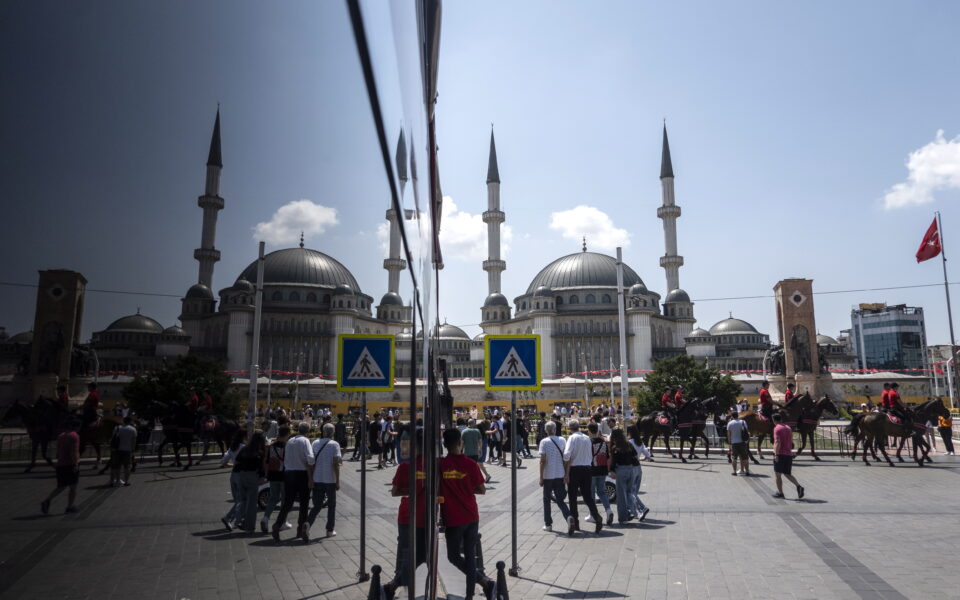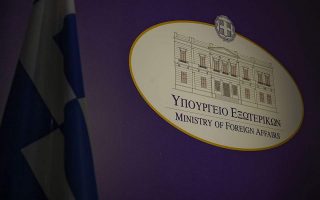Domestic and external pressures and Greek-Turkish relations

One of the first major issues that the new Greek government will have to deal with is the country’s relations with Turkey. With the completion of the election cycles in both countries, and in the other part of the broader puzzle that also includes Cyprus, many people believe that a window of opportunity is being created for the normalization of ties.
The climate is clearly better than a few months ago. Greece’s sincere support – from the government, the opposition parties and public opinion – toward Turkey after the devastating earthquakes earlier this year paved the way for visits and meetings of the countries’ ministers of foreign affairs and defense.
This was followed by the absence of aggressive actions in the Aegean, a relative calm in migration flows, and the Turkish president lowering the tone of his rhetoric. The above developments are obviously moves in the right direction and make things easier.
The same is not true with regard to the new political correlations domestically. The fact that leftist SYRIZA and socialist PASOK will probably be – at least for the next 11 months until the European elections – in a state of constant confrontation, leveling all sorts of accusations against each other instead of finding common ground, frees the government to act, to a certain extent. Any criticism of its actions will be weak and not necessarily targeted. The attacks will be directed both against the government and against the other party vying for dominance in the center-left.
However, the strengthened nationalist block in the Parliament and its support within society will act as a deterrent, making it significantly more difficult to search for – and much more so to implement – realistic approaches to Greek-Turkish relations.
The Spartans especially, with the 5% they secured in the June 25 election, along with the other anti-establishment parties, will spew a monolithic nationalist rhetoric and are sure to slide into extreme populism, making accusations of treason.
This applies not only to the extreme-right (no matter how hard some New Democracy deputies with access to the far-right work, it will still not be easy to minimize criticism) but also to the far-left of the political spectrum. It is not only the Spartans, Greek Solution and Niki who will be opposed to any moves by the government – it is also Course of Freedom (Plevsi Eleftherias) that has invested in an exaggerated patriotism. And one cannot forget that these four parties represent 16% of the electorate.
Whether there will be a restart in Greek-Turkish relations, as predicated by both sides, at least at the level of rhetoric, or whether we return to an atmosphere of tension, the rise of extreme parties will be a dangerous burden.
A similar nationalistic block exists in Turkey, much larger in size and appeal, with Recep Tayyip Erdogan himself as the main proponent at least in the last decade.
Greece’s new foreign minister, Giorgos Gerapetritis, will soon find himself faced with this difficult environment, with pressures from the international community and resistance at home. Having the full support of the prime minister and armed with legal competence, as well as the specialized experience of his deputy minister, Alexandra Papadopoulou, he will be called upon to show the right reflexes in a complex political and diplomatic minefield.





